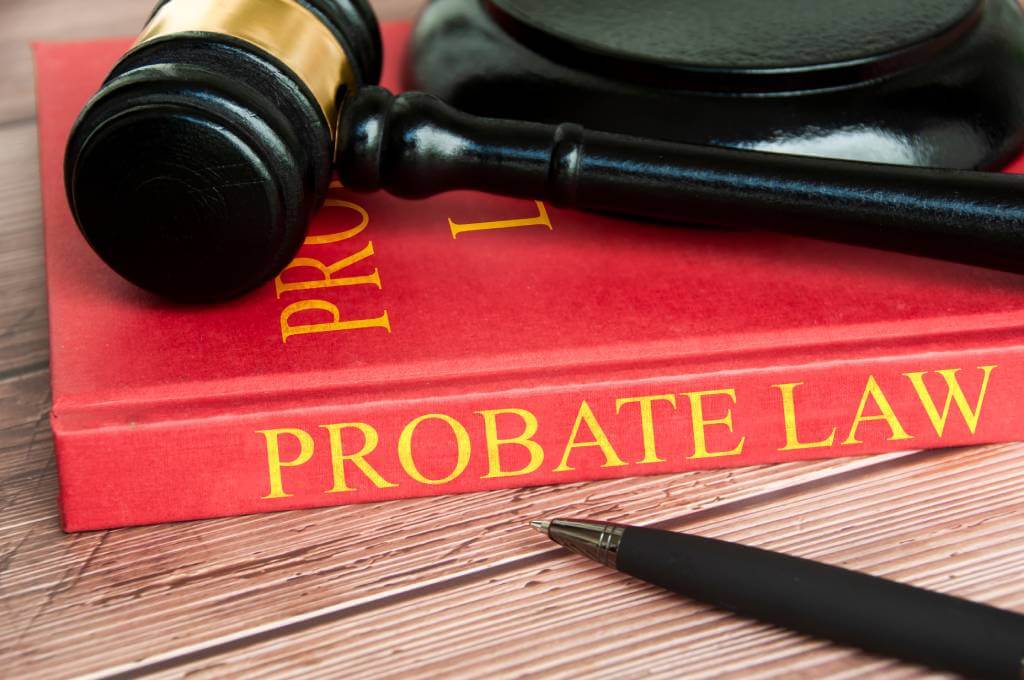Practice Areas
Estate Planning
Trusts
Probate


Dealing with the transfer of property after the death of a loved one is a significant concern for many families. In California, the probate process is often perceived as long and costly, leading many to wonder: can property be transferred without probate? The answer is yes, under certain circumstances.
This blog explores how properties, including homes and bank accounts, can be transferred to a new owner without going through probate court, making the process easier for the surviving spouse and family members.
One straightforward way to avoid probate on a home is by using a transfer on death deed. This legal document allows the homeowner to name a beneficiary who will receive the property directly upon the owner’s death, without the need for probate. This deed must be properly executed and recorded in public records before the owner dies.
Property owned in joint tenancy automatically passes to the surviving joint tenant(s) upon the death of an owner. This is due to the right of survivorship inherent in joint tenancies, which bypasses the probate process entirely. It’s a common way for spouses to own their homes and other significant assets like bank accounts.
Similar to transfer on death deeds for real estate, many bank accounts can be set up to transfer directly to a named beneficiary upon the account holder’s death. This setup, often termed “payable on death” (POD) for bank accounts or “transfer on death” (TOD) for brokerage accounts, allows the assets to bypass probate.
Life insurance policies and retirement accounts typically allow the policy or account holder to name one or more beneficiaries. Upon the death of the policy or account holder, the proceeds are directly paid to the beneficiaries, avoiding probate.
In some cases, small estates may qualify for a simplified process known as transfer by affidavit. This process allows for the transfer of property after death without a will and without going through formal probate. The heirs or beneficiaries provide a signed affidavit, a certified copy of the death certificate, and other necessary documents directly to the institution holding the assets (e.g., a bank) to transfer the property.
For real property with a relatively low market value, a simplified procedure might be available, which involves filing a petition in probate court but is much less cumbersome than full probate. This process requires a court-ordered transfer, which, upon approval, allows the property to be transferred without formal probate.
Despite these mechanisms, there are instances where probate cannot be avoided. If the deceased person owned real estate solely in their name without a designated beneficiary, probate is likely required to legally transfer the property. Similarly, if disputes arise among heirs or beneficiaries, probate court may become involved to resolve these issues.
Transferring property after death without probate is possible in California through various means, including transfer on death deeds, joint tenancy, and accounts with designated beneficiaries. Understanding these options and planning accordingly can significantly reduce the burden on family members and ensure a smoother transition of assets after death. However, navigating these options can be complex, and consulting with a probate attorney may provide clarity and guidance tailored to your specific situation, ensuring that all legal requirements are met for a seamless transfer of property.